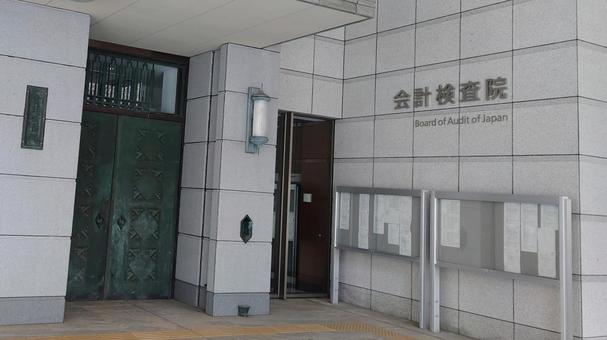In a disappointing turn for Japan’s foreign aid efforts, millions of yen in taxpayer money have been poured into projects that have fallen dramatically short of their goals, according to a recent audit. Despite the noble intentions behind these Official Development Assistance (ODA) initiatives, only a fraction of their potential has been realized, with utilization rates plummeting well below expectations. The audit, which reviewed projects spanning nearly two decades, uncovered that about 4.1 billion yen—roughly $26 million—had been spent on five particularly unsuccessful ventures. Aid officials now face mounting pressure to rethink their strategies and ensure that taxpayer money is better spent.
One of the most glaring failures highlighted by the Board of Audit was a telecommunications network project in Cambodia. A massive investment of 2.9 billion yen was aimed at building a fiber-optic network for fixed-line telephone services. However, plagued by delays stretching over 11 years, the project allowed competing businesses from China and Vietnam to dominate the market. As of last year, a dismal 0.16 percent of the network’s capacity was being used, a far cry from the ambitious 61 percent goal originally set.
Equally troubling was a grant project in Tanzania, where 15.66 million yen was allocated to build dormitories for female students at a local school. Nearly two decades later, one dormitory remains incomplete and the other lacks basic bathroom facilities, leaving the project in limbo. The Board stressed the need for closer on-the-ground monitoring and adaptive planning to avoid such costly mistakes. In response, Japan’s Foreign Ministry has pledged to address the audit’s findings and work toward more effective and impactful aid programs.
(Source: Nippon.com | Asahi Shimbun)









